COURSE OVERVIEW
PE0987 : De-Sulfurization Technology
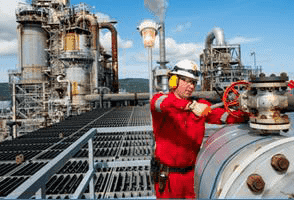
OVERVIEW
| COURSE TITLE | : | PE0987 : De-Sulfurization Technology |
| COURSE DATE | : | Jan 21 - Jan 25 2024 |
| DURATION | : | 5 Days |
| INSTRUCTOR | : | Mr. Mervyn Frampton |
| VENUE | : | Dubai, UAE |
| COURSE FEE | : | $ 5500 |
| Request For Course | ||
Course Description
This practical and highly-interactive course includes real-life case studies and exercises where participants will be engaged in a series of interactive small groups and class workshops. Atmospheric residue desulfurization (ARDS) process is extensively used in upgrading of heavy petroleum oils and residues to more valuable clean environmentally friendly transportation fuels and to partially convert the residues to produce low-sulfur fuel oil and hydrotreated feedstocks. Graded catalyst systems in multiple reactors are used in the process in order to achieve hydrodesulfurization (HDS), hydrodemetallization (HDM), hydrodenitrogenation (HDN), and conversion of residues to distillates at desired levels. The characteristics of the feedstocks processed in different reactors are significantly different. The quality of the feed entering the second reactor is str ongly dependent on the operating severity in the first reactor and can have an important impact on the performance of the catalysts in the following reactor with regard to various conversions and deactivation rate. Atmospheric Residue Desulfurization (ARDS) is a well established hydro treating process, operated primarily to desulfurize atmospheric residues from Crude units and to prepare feed stocks for downstream conversion units like Hydrocrackers and Delayed Coker units. The product, desulfurized residue, is not only low in sulfur but has improved pour points and lower viscosities as well.
TRAINING METHODOLOGY
This interactive training course includes the following training methodologies:
LecturesWorkshops & Work Presentations
Case Studies & Practical Exercises
Videos, Software & Simulators
In an unlikely event, the course instructor may modify the above training methodology for technical reasons.
VIRTUAL TRAINING (IF APPLICABLE)
If this course is delivered online as a Virtual Training, the following limitations will be applicable:
| Certificates | : | Only soft copy certificates will be issued |
| Training Materials | : | Only soft copy materials will be issued |
| Training Methodology | : | 80% theory, 20% practical |
| Training Program | : | 4 hours per day, from 09:30 to 13:30 |
RELATED COURSES
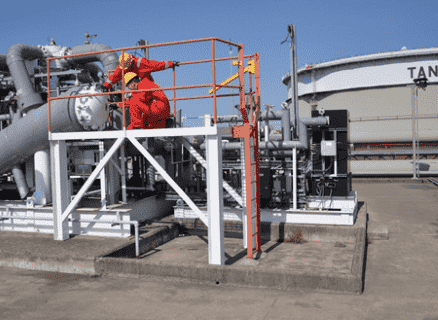
PE0010 : Oil Movement, Storage & Troubleshooting
- Date: Jan 25 - Jan 29 / 3 Days
- Location: Kuwait City, Kuwait
- Course Details Register
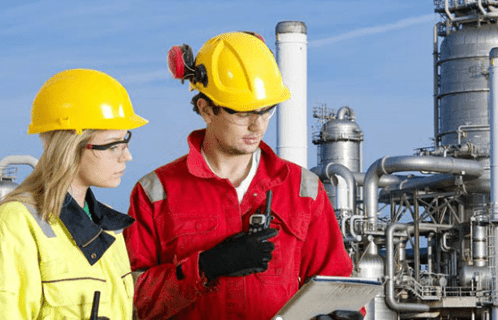
PE0050 : Elements of Applied Process Engineering
- Date: Jan 26 - Jan 30 / 3 Days
- Location: Cairo, Egypt
- Course Details Register
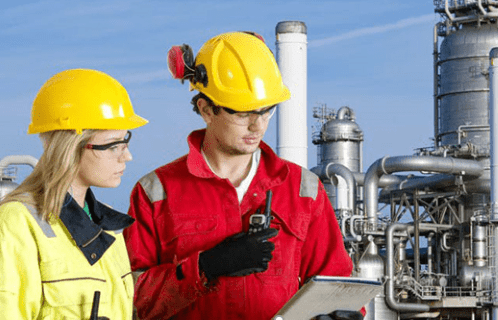
PE0785 : Refinery Operational Economics, Planning & Profitability
- Date: Jan 26 - Jan 30 / 3 Days
- Location: Doha, Qatar
- Course Details Register
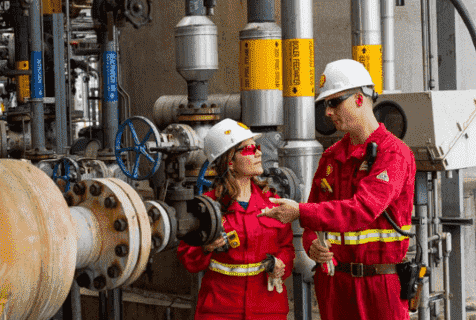
PE0640 : Troubleshooting Process Operations
- Date: Jan 26 - Jan 30 / 3 Days
- Location: Doha, Qatar
- Course Details Register
